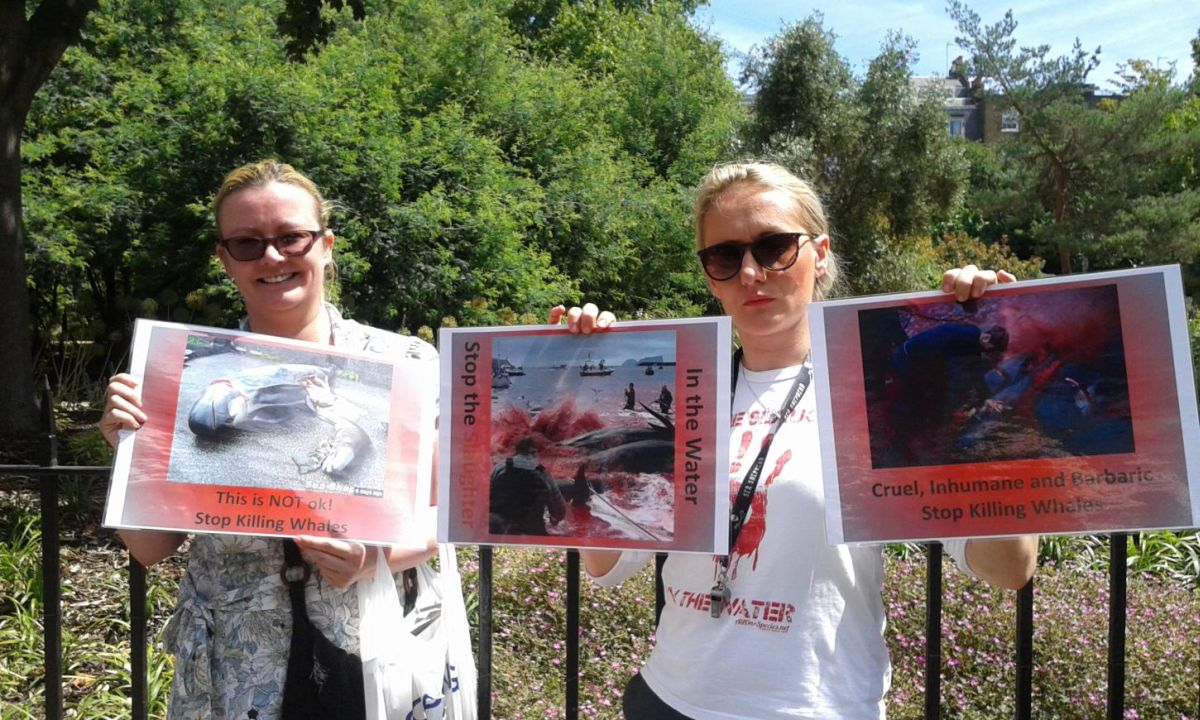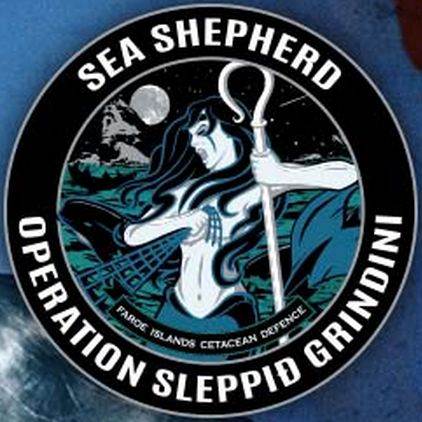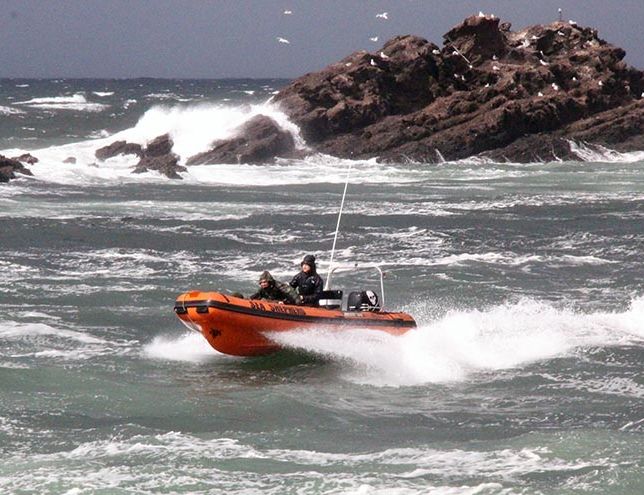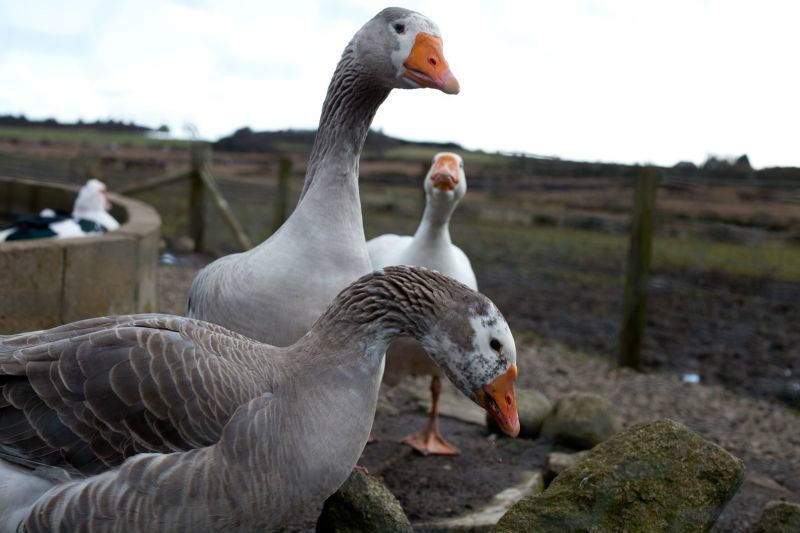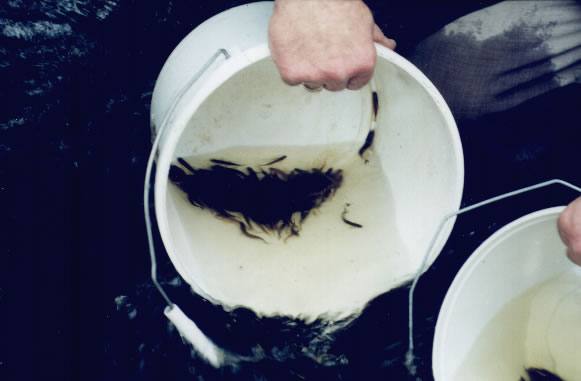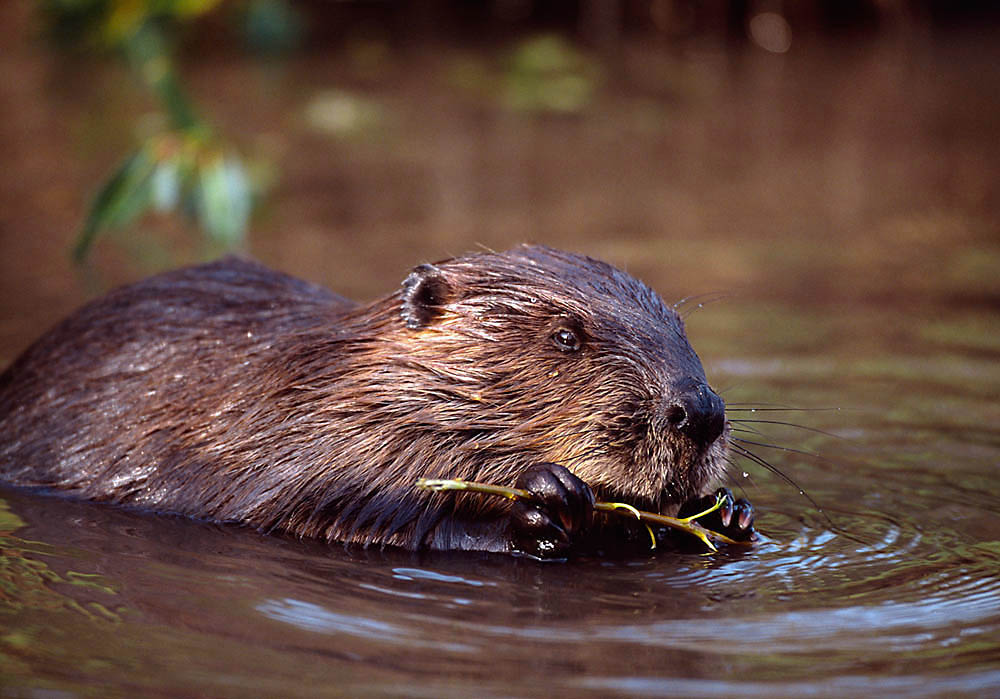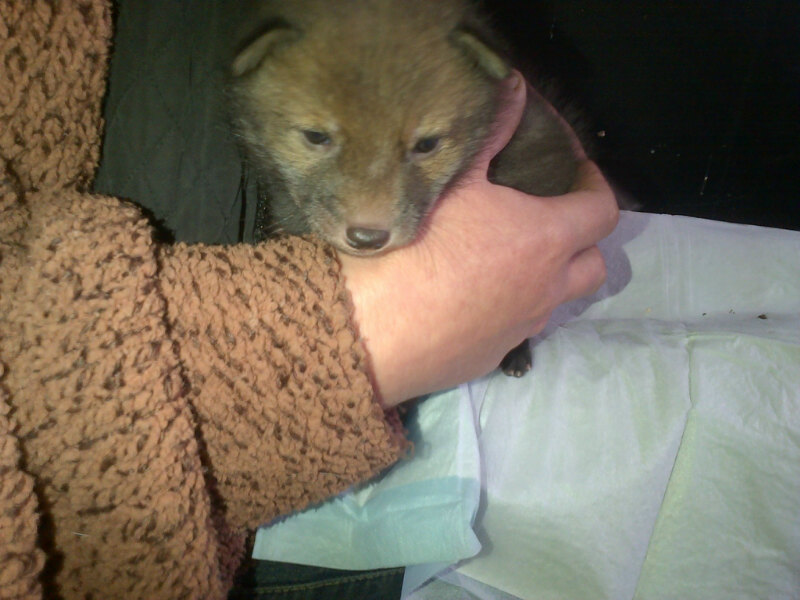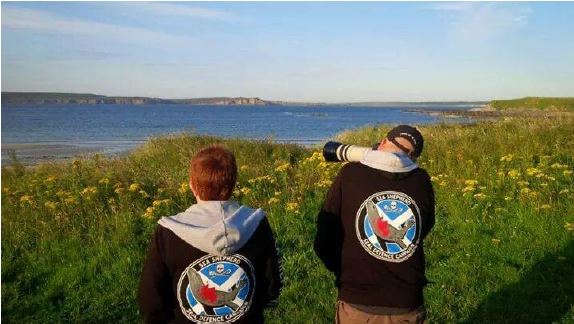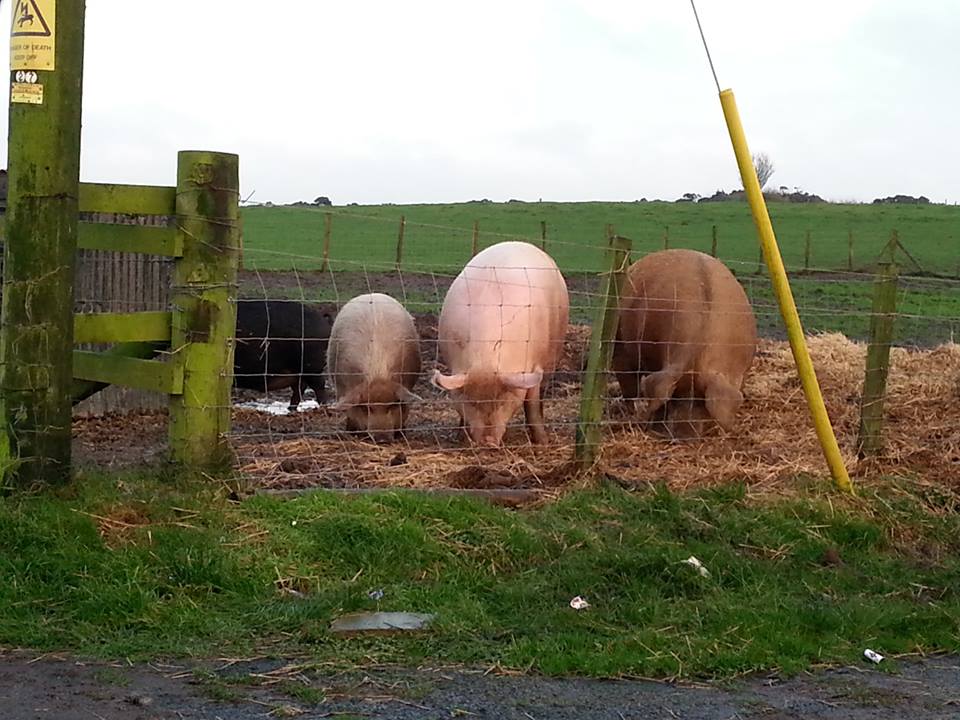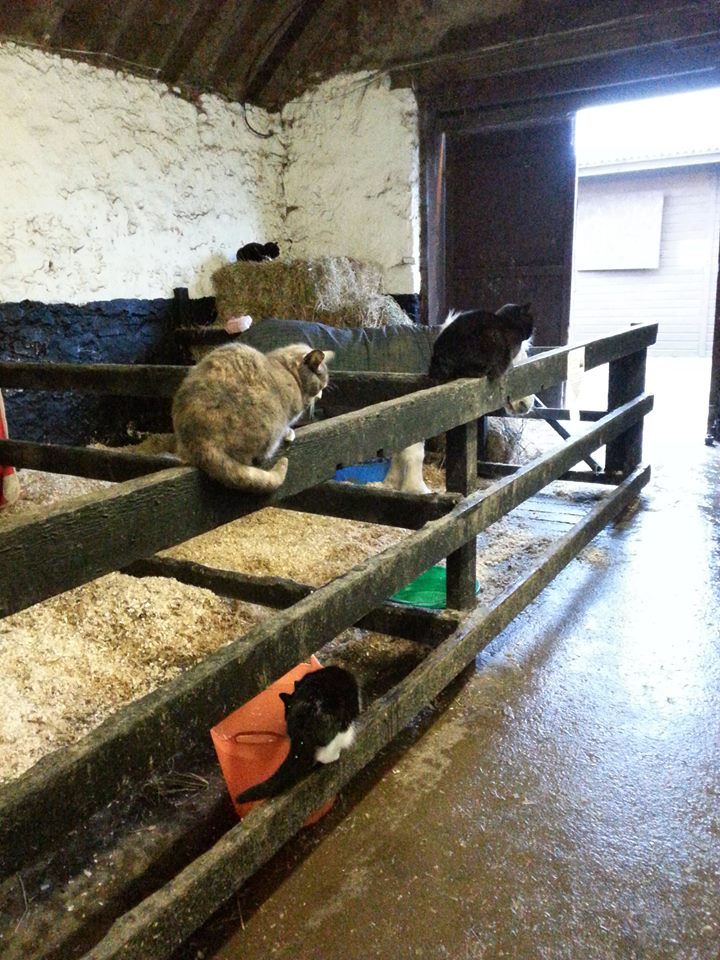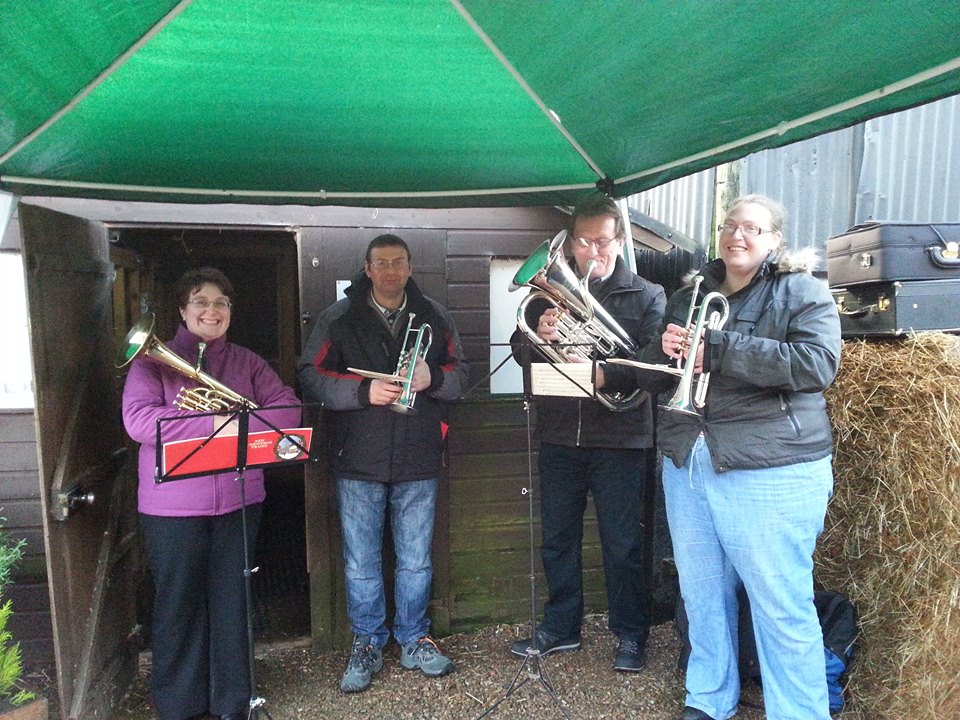Voice’s Old Susannah takes a look over the past week’s events in the ‘Deen and beyond. By Suzanne Kelly.
 Tally ho! There are many vibrant, dynamic, connected smart successful goings-on as summertime draws near to the Granite City. I had a tasty affordable dinner at Amarone; it may be a chain, but its mozzarella is second to none.
Tally ho! There are many vibrant, dynamic, connected smart successful goings-on as summertime draws near to the Granite City. I had a tasty affordable dinner at Amarone; it may be a chain, but its mozzarella is second to none.
On Sunday I attended my first BrewDog Home Brewers’ tasting session – a dozen or so home brewers met up to taste a wide range of homemade craft beers of all sorts; some were amazing; some a bit challenging. The BrewDog AGM is this coming Saturday; as is the Taste of Grampian, both of which seem to be bigger and better every year.
A wide variety of events are around the corner; the Gray’s School of Art Degree show opens on the 19th June. The word is that this year will be particularly impressive.
The Moorings, Tunnels, Drummonds and Lemon Tree have lots of great bands coming up (Gerry Jablonski Band plays the Moorings the 4th; which is the place to head after the BrewDog AGM). Black Grape plays on the 5th of July. Old Susannah remembers the last time she saw this band in London. By the end of the night the entire venue became one big backstage after show party. Bez danced up to me, and I asked him how he was doing. “WIDE” was the reply.
More on Black Grape soon. With all this going on, I hope the city has seen fit to order more crowd barriers and hire a few thousand security guards. Can’t be too careful.
Great news! ‘Tally ho!’ might once again be the cry heard in the countryside if the newly re-elected Conservatives get their way. David Cameron’s got his priorities right, and his head is well screwed on his shoulders as it ever was post-election. Now that our banks are no longer in crisis (financial banks, not food banks that is), and the NHS is safe, it’s time to worry about the issues that really matter to us all. Like chasing and killing foxes.
After all, ripping these vermin to shreds is traditional, and isn’t that what the Conservatives are all about – ripping things to shreds – sorry, I meant to say traditions? I for one am happy we’ve had such a fair and proper election, and I’m happy to trust Westminster to keep giving us the kind of government we deserved and voted in.
Here we are, we’ve never had it so good, and yet there are one or two people out there who seem to want to stir up trouble and find fault. Some people think that some multinationals are happy to poison us all to make a profit. Others aren’t sure the police are always completely fair, believe it or not.
Still other worrywarts have it in their heads that the banks have behaved dishonestly and that we’ll be bailing them out again before long. I say to them, get out into the countryside; go on a good British fox hunt, and soon you’ll forget all these minor paranoid unsubstantiated fears.
For such sceptical souls, perhaps a few definitions may help them become as trusting, uncritical and accepting as I am.
Fact-finding mission: (Modern English noun) – to seek verification or otherwise for data.
Pity the poor misunderstood Metro reader who wrote into the paper’s advice team, which answered him on 28 May. If you read his heart-breaking letter in the feature entitled ‘How can I trust my girlfriend’ you’ll see that some hussy or other has her hooks in this poor trusting man. The poor guy went on a little fact-finding mission in the noble cause of trying to find out whether or not his girlfriend was trustworthy.
He decided to test her honour by snooping into her phone and her emails. ‘Fair enough’ I can practically hear you say. It turns out that the woman in question hadn’t told him she had in the past been married and was now divorced! What a breach of trust! I hope he’s given her the boot.
As ever, clues to the relationship’s doom were in the man’s letter. He described the woman as ‘smart, funny, independent, sexy and extremely successful.’ Smart is never an attractive quality in a woman; funny is best left to blokes, and as to independence – well, that’s simply not done. If she was sexy, then she might well have looked at other men before this prince arrived on the scene, and going through her correspondence seems a reasonable way to check how honest she is.
If she was successful, then she must have had a rich boyfriend or husband along the way, kind of like the way it’s done here in Aberdeen by our prettier faces. If you love someone, set them free. If you really love someone, bug their phone, put a keystroke counter on their laptop, and go through their messages when you can. Relationships are built on trust after all.
Take for instance the trust between the electorate and the government.
The government shows us how much it trusts us, and we should show some respect in return. Sure they may want to impose some random named guardian to interface and interact with your child whether or not you are a good or bad parent. They may be using undercover spies to infiltrate legal protest groups, and even to stir up trouble in those groups which wouldn’t have happened otherwise.
The government may be spying – sorry, I meant to say ‘fact-finding’ on all of our emails, phonecalls and naughty Instagram photos. They may want to train your children from birth to be answerable to a ‘named person’ (more on that in a separate article) who’ll have input into your family life. It’s not that they don’t trust us. It’s certainly not that they want the private sector making huge profits from outsourced spying and other services after making deals with lobbyists.
Why are they treating us like potential if not actual criminals? It’s because they care.
‘Taking the Mickey’/ ‘Taking the Michael’ / ‘Taking the Carmichael’: (Modern English and Scottish slang phrases) To make fun of, to insult someone’s intelligence by tricking them; to mock.
“Whoever is careless with the truth in small matters cannot be trusted with important matters” Albert Einstein said (I got this from the internet, so it’s true). I don’t know who Einstein may have had in mind when he came up with that little gem, but it could well have been newly-re-elected Orkney & Shetland MP Alistair Carmichael.
Some people feel Carmichael may have been taking the mickey at election time. Nothing could be further from the truth.
If you hadn’t heard, there was this little matter of a wee practical joke he played. Carmichael accidently leaked a fake memo purporting to concern Nicola Sturgeon and the French ambassador. Someone told me this was some kind of a French Letter. In this document, it seemed Sturgeon would have preferred Cameron as PM over Milliband (Milliband was apparently someone else running for office.
Like you, I never heard of him before, either). If anything Charm-Michael was doing Sturgeon a favour by trying to make her look even more popular. After all, Cameron was the people’s choice.
Some people have no sense of humour however; and headlines like ‘Alistair Carmichael facing sleaze probe over memo leak’ seem to imply there was something wrong with what he did. http://www.heraldscotland.com/news/home-news/alistair-carmichael-facing-sleaze-probe-over-memo-leak.1433245837.
Thankfully, this august politician has lots of allies. The people who voted him in are happy to stand by him; many of them with pitchforks, torches. If you don’t believe he’s got lots of support left after his beau jest cost the taxpayer some £1,400,000, don’t take my word for it: Alistair Carmichael says so himself, and that’s good enough for me http://www.scotsman.com/news/uk/i-ve-lots-of-support-alistair-carmichael-insists-1-3788374
Sadly there are some people who just won’t take their better’s word, and need a bit of hand holding and reassurance when they feel they’ve been slightly misused, tricked, cheated, conned and defrauded. To allay fears, nothing works quite so well as a testimonial.
Testimonial: (English noun) A statement given in support of a cause or person by someone with gravitas.
Carmichael indeed has his friends, and none perhaps better than Lib Dem Sir Malcolm Bruce.
Rushing to the aid of besieged Carmichael, Sir Malcolm said:-
“Politicians regularly tell lies and Parliament would “empty” if they were punished for it“ a Liberal Democrat politician had admitted.
Sir Malcolm Bruce, who stood down as an MP at the election, was asked on BBC Radio 4 whether lying was widespread in public life.
“No, well, yes. Lots of people have told lies and you know perfectly well that to be true,” he responded.
“If you are suggesting every MP who has never quite told the truth or even told a brazen lie, including cabinet ministers, including prime ministers, [should be removed] we would clear out the House of Commons very fast, I would suggest,” he added.
Sir Malcolm was defending his colleague, Liberal Democrat MP Alistair Carmichael, who admitted that he had ordered the leak of a document after saying he had nothing to do with it. http://www.independent.co.uk/news/uk/politics/politicians-lie-a-lot-admits-liberal-democrat-politician-10275934.html
I’m sure that should be enough to silence even the staunchest Carmichael critic. To summarise Sir Malcolm’s position, Lots of people lie and that’s perfectly true. Old Susannah started to think about this in light of the shocking revelation that there are liars in the House of Commons. I started to wonder… if Bruce is in the House, and he’s telling me truthfully that the house is full of liars, and that’s the truth, then is he lying about that or telling the truth.
Several bottles of BrewDog’s Vote Sepp later (itself named after the trustworthy fearless FIFA leader Mr Blatter), I found myself no wiser than before.
Bruce’s position that lies shouldn’t be punished (Certainly the Conservatives go along with this longstanding LibDem position too) is something we should all go along with. If MPs who lied were punished, Bruce says the House of Commons would soon be empty. Where on earth would we be then?
I was going to get on to another trust-related definition in reply to a fan’s comment on a recent column. I intended to talk about the Wood Family Trust’s Wood Family Foundation taking £10 million of the £50 million it has sensibly sitting around to build a parking lot.
I was going to explain that by avoiding several million pounds a year, the prudent billionaire out there can save a ton of cash, and then decide how the government that should have had the cash to do with as it saw fit will instead be tugging the collective forelock when given a gift which represents a small portion of the tax avoided, and wax lyrical about the generosity of the gift. But coupled with grappling with Sir Malcolm Bruce’s logic, I started to feel a bit light headed.
Perhaps we’ll go there another time.
On those rare occasions on which I find myself a bit wary of whom or what I should put my trust in, or perplexed by the logic of my betters like Carmichael and Bruce, I like to relax with television shows like Britain’s Got Talent. You can’t beat it or its contestants for good old-fashioned genuine honest talent, can you? If it turns out that the most talented person to be found in the whole of the Kingdom happens to be a dog trainer, fair enough.
What could be more entertaining than watching an animal that’s been trained to walk along a tightrope with strings digging into the pads of its paws?
At least we know we have a real, honest-to goodness, gimmick and trickery free winner. If the dog we thought we were watching refused to do the tightrope trick (I feel sorry for the poor trainer), then it’s fair enough to use a stunt double for the dog, even if that little fact was kept a bit quiet. Nothing dishonest about that, is there? Woof woof.
Remember, that rabbit that was tortured to death on Danish radio (to prove how hypocritical people are who eat meat but don’t like animal cruelty – a great lesson) was a gentle, trusting creature until its last educational minutes.
Next week: an overdue look at the property portfolio of our city council, the council that can’t manage to house everyone, but which has over 1400 properties of various kinds. And definitions to include Paradox, Hoist by their own petard, and libel.
- Comments enabled – see comments box below. Note, all comments will be moderated.
[Aberdeen Voice accepts and welcomes contributions from all sides/angles pertaining to any issue. Views and opinions expressed in any article are entirely those of the writer/contributor, and inclusion in our publication does not constitute support or endorsement of these by Aberdeen Voice as an organisation or any of its team members.]
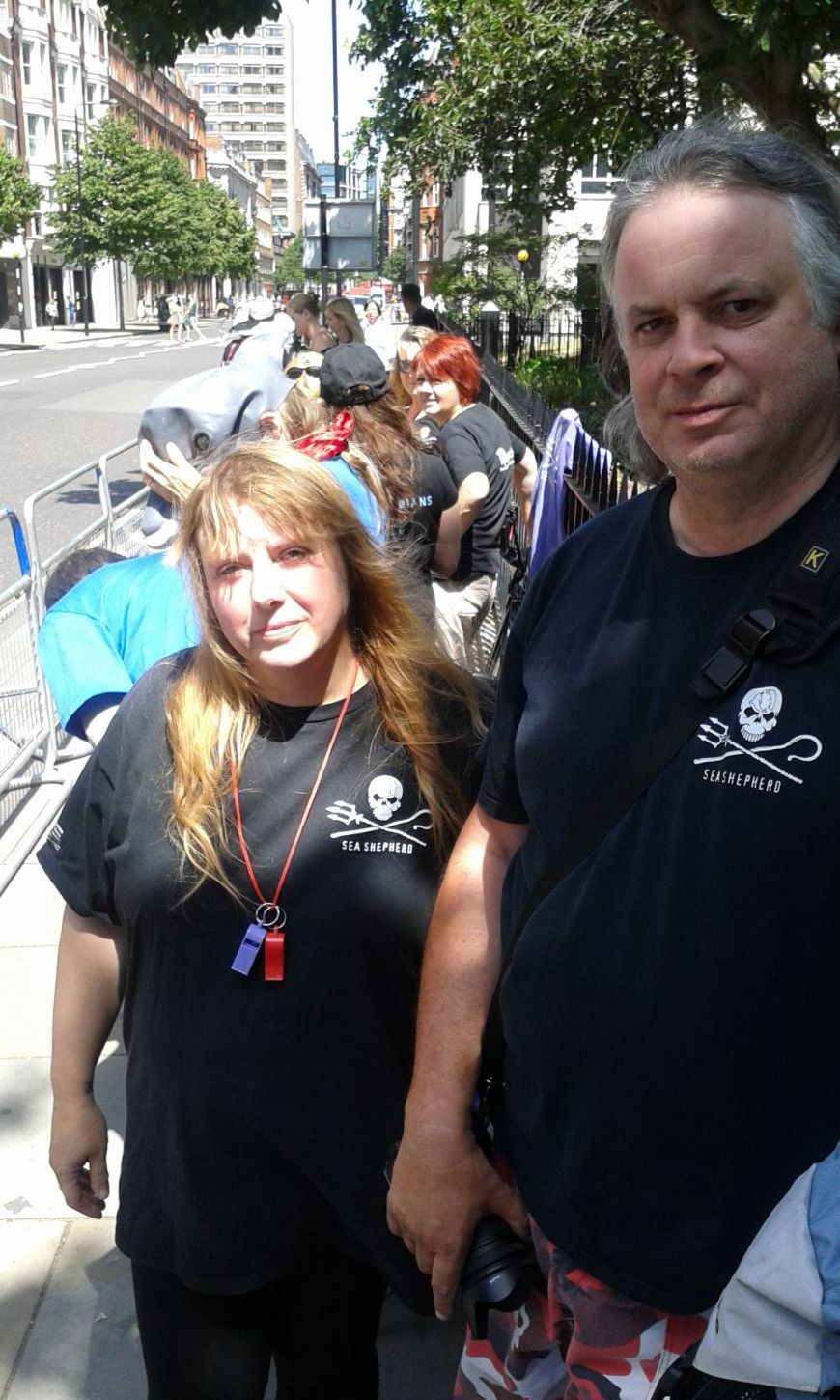 Such training could well take place at hospitals (particularly in high crime areas), but the goal of making people immune to the suffering of animals is clearly a common goal shared by the Faroese and the military forces who want to discourage any form of empathy.
Such training could well take place at hospitals (particularly in high crime areas), but the goal of making people immune to the suffering of animals is clearly a common goal shared by the Faroese and the military forces who want to discourage any form of empathy.